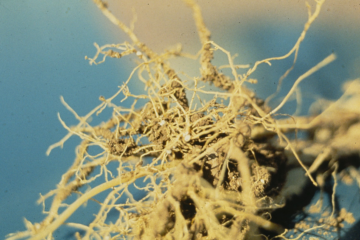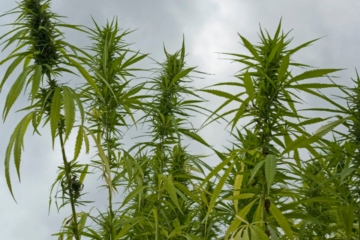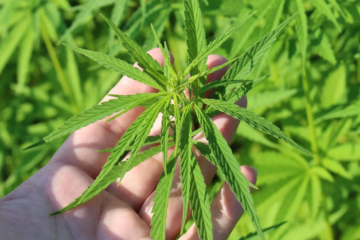The New South Wales Government has announced the formation of a Hemp Industry Taskforce to support the growth and development of the hemp sector in the state. The taskforce will consist of 12 representatives from growers and industry associations, and will explore the opportunities and challenges for hemp production and processing in NSW.
Hemp: a versatile and sustainable crop
Hemp is a variety of the cannabis plant that contains low levels of THC, the psychoactive compound that causes a high when ingested. Hemp can be used for a range of purposes, including food, fibre, building materials, cosmetics, and biofuels. Hemp is also considered a sustainable and environmentally friendly crop, as it requires less water, pesticides, and fertilisers than other crops, and can improve soil quality and sequester carbon.
The global hemp market is expected to quadruple by 2027 to $18.6 billion, according to a report by Grand View Research. The report cites the increasing demand for hemp-based products in various industries, such as food and beverages, personal care, textiles, and construction, as well as the legalisation of hemp cultivation in many countries.
NSW Government’s vision for hemp industry
The NSW Government has recognised the potential of hemp as a valuable and viable crop for the state’s agriculture sector, and has established the Hemp Industry Taskforce to facilitate its expansion and innovation. The taskforce will meet monthly, supported by the NSW Department of Primary Industries, and will consider the following objectives:

- The role industrial hemp could play in the transition to a net zero, circular economy in NSW.
- The supply and value chains required to support increased crop production, or other barriers to production and development in NSW.
- Identifying legislative barriers to and opportunities for expanding industrial hemp production in NSW.
- Consider opportunities to harmonise industrial hemp regulation nationally.
The taskforce will only focus on the cultivation and supply of low-THC hemp grown under the NSW Industrial Hemp Act 2008, which authorises and regulates the commercial production and use of hemp for non-therapeutic purposes. The taskforce will not consider the production of hemp for medicinal purposes, as this is restricted and requires a licence from the Office of Drug Control (Commonwealth) and approval from the Therapeutic Goods Administration (Commonwealth).
Industry and community support for hemp taskforce
The establishment of the hemp taskforce has been welcomed by the hemp industry and the wider community, as it signals the government’s commitment and support for the sector. The taskforce will include representatives from the NSW Farmers Association, the Australian Industrial Hemp Alliance, the Australian Hemp Masonry Company, the Australian Hemp Manufacturing Company, and the Australian Cannabis Corporation, among others.
The Minister for Agriculture, Tara Moriarty, said that she attended a Hemp Industry Roundtable in 2023, hosted by Member of the NSW Legislative Council Jeremy Buckingham, and was impressed by the enthusiasm and potential of the hemp industry stakeholders.
“My attendance last year at the Hemp Industry Roundtable provided an important opportunity to hear from the hemp industry stakeholders and understand there are important gains for our state if we can foster the sector’s expansion,” she said.
“Guided by the taskforce outcomes, the Government can consider what work is required to reduce red tape and provide the regulatory environment to support the industrial hemp industry grow and deliver jobs to regional NSW.”
The taskforce is expected to deliver its recommendations to the government by the end of 2024.



